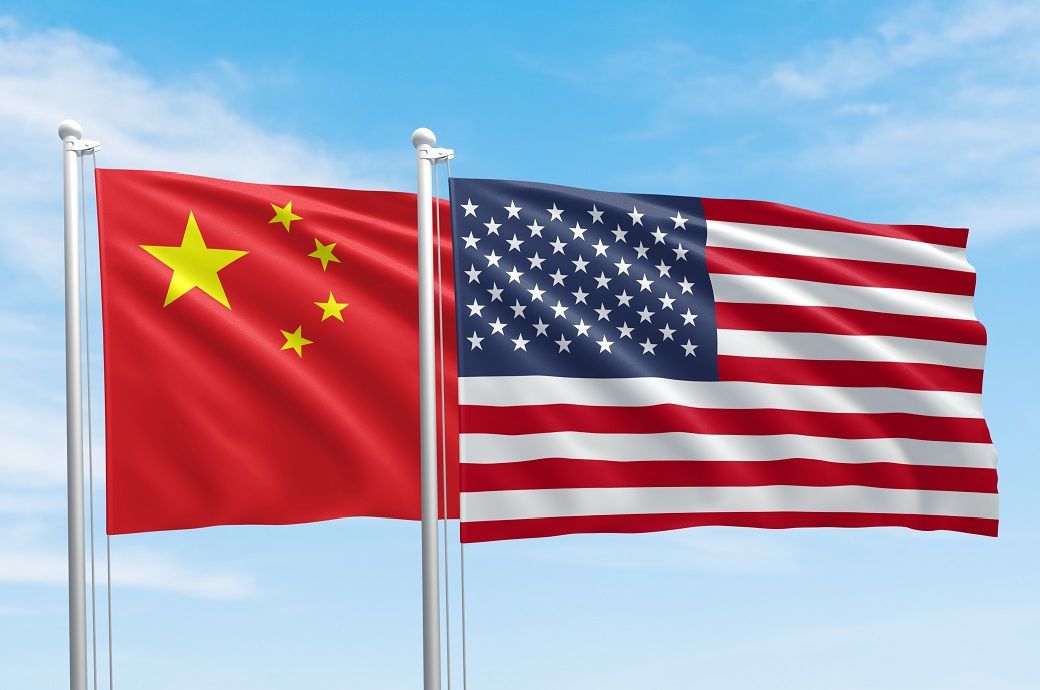
In a letter to Philip Butler, chair of the Section 301 Committee of the Office of the US Trade Representative, Beth Hughes, AAFA vice president for trade and customs policy, said the association
strongly supports the extension of the current China 301 exclusions, which are set to expire on November 29 this year, and recommended the US administration to determine if any of the exclusions listed should qualify for permanent or more-longer term exclusion periods to give US companies more predictability.
Close to 97 per cent of apparel, footwear and related goods sold in the United States today
are imported. Yet the United States maintains high duties on these products—some of the highest levied on any product—adversely affecting US consumers who ultimately pay those duties in the form of higher prices, the letter noted.
“Although the average trade weighted tariff rate imposed on all products was approximately 2.35 per cent in 2024, the average trade weighted tariff rate in 2024 on knit apparel was 14.90 per cent, woven apparel 14.29 per cent, footwear 12.25 per cent, home textiles 8.70 per cent, and 13.85 per cent on travel goods.1 Moreover, the amount of tariffs collected on imports of US apparel, footwear, textiles, and travel goods in 2024 exceed $18.3 billion,” the letter said.
This burden falls disproportionately on products imported by the sector, even though many of these products are no longer made in commercial quantities in the United States, AAFA observed.
ALCHEMPro News Desk (DS)
Receive daily prices and market insights straight to your inbox. Subscribe to AlchemPro Weekly!